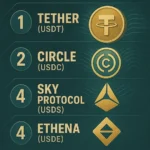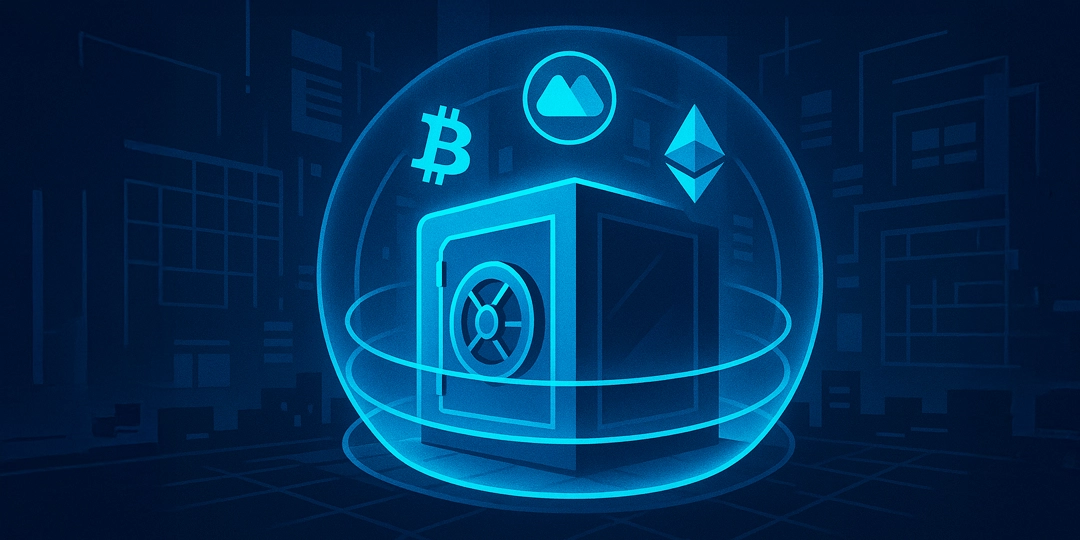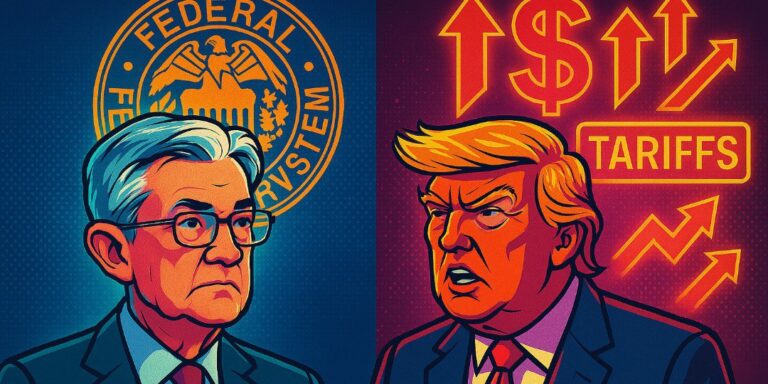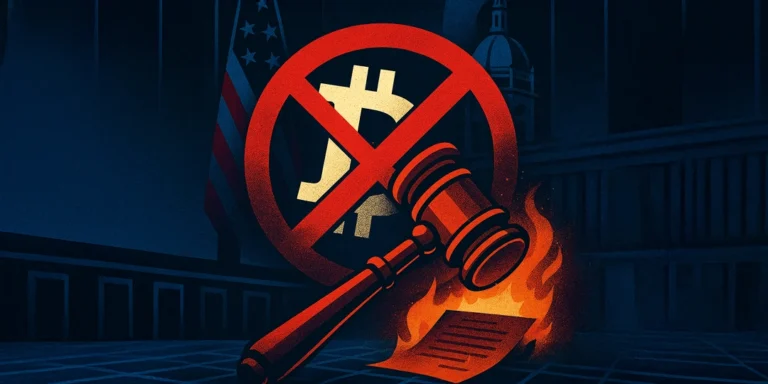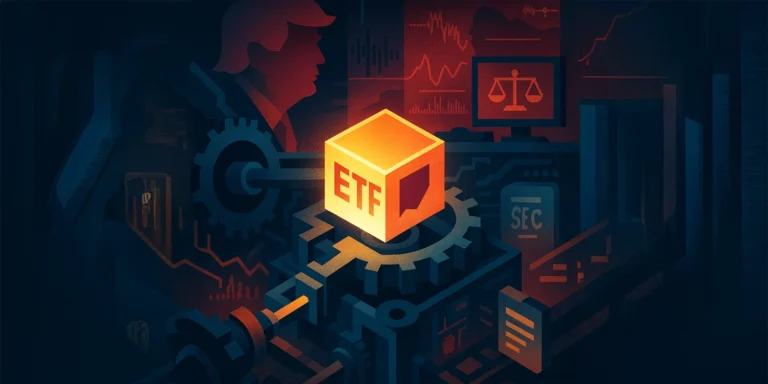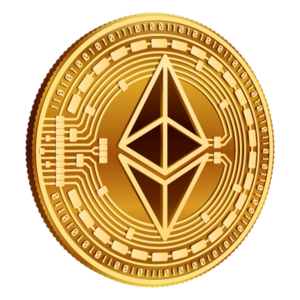South Korea has been at the forefront of crypto usage, with its young generation aggressively embracing crypto. As of late 2024, nearly 30% of South Koreans were actively engaged in crypto as per data from the Bank of Korea. This equals 15.5 million individuals! The crypto market cap in the country is around $21.1 billion!
With politicians creating a pro-blockchain vibe during the election campaigns, South Koreans and companies are flocking to crypto. The recently elected president Lee Jae-myung’s stance on crypto integration is a key point of discussion for crypto enthusiasts in the country, specifically, for the youths and the traditional financial institutions such as banks, asset managers, hedge funds, and insurance companies.
Now, great news for crypto lovers blooms; the country plans to legalize its own stablecoins with the new crypto bill known as Digital Asset Basic Act. Is it a welcoming and long-lasting promise?
Digital Asset Basic Act: A comprehensive agenda?
The Digital Asset Basic Act, proposed by Lee’s ruling Democratic Party, is reportedly a green light for local companies to issue stablecoins, bringing greater transparency and competition to the country’s crypto industry.
To issue stablecoins, the local South Korean companies should meet some criteria. These include that the company should hold a minimum of 500 million won (official currency of South Korea) in equity capital, which is equal to $368,000, manage reserve funds, and secure regulatory approval from the Financial Services Commission of the country.
Will South Korea’s local stablecoins impact the global stablecoin market?
For many, the stablecoin proposal is bold, as stablecoins pegged to the Korean won (KRW) and the US dollar (USD) have the potential to stir the global stablecoin ecosystem once launched.
Digital Asset Basic Act vs. MiCA
Remember, the European Union’s regulation, Markets in Crypto-Assets (MiCA)? This regulation is considered one of the comprehensive frameworks for virtual assets. However, if the legislation passes the Digital Asset Basic Act, it could be more advanced than the MiCA. How? In the future, Koreans may be able to receive their salaries in won-based stablecoins, swiftly exchange them to USD-based tokens for international purchases.
And anything more? Yes, the local stablecoin users do not have to worry about the reliability of the coins, as the new act backs stablecoins with real reserves. Real reserves can be any tangible assets that hold real-world value, including cash in the bank, government bonds, or high-quality liquid assets. In short, investors can redeem the stablecoins for real money whenever needed.
Digital Asset Basic Act vs.GENIUS Act
Guiding and Establishing National Innovation for U.S. Stablecoins (GENIUS) Act, a much-anticipated rule in the US, once issued, will bring clarity over stablecoin issuers at both the federal and state levels. Waiting for approval, the bill is actively toppled down by some of the US Senators, pointing out possible threats.
The GENIUS Act mandates stablecoin issuers in the country to back their tokens with full reserve and get approval from federal regulators before launch. This is similar to South Korea’s stablecoin act.
But there’s a catch! As mentioned earlier, the South Korean act permits local companies with more than 500 million won in equity to issue stablecoins, whereas the GENIUS Act allows only banks and approved non-bank entities to launch stablecoins. South Korea’s stablecoin bill also supports cross-border transactions while keeping a firm regulation on foreign-pegged stablecoins.
Pro-consumer stablecoin act
To top it off, consumer-protection provisions in the act are noteworthy. The stablecoin issuers must allow users to exchange their tokens for fiat currencies within two business days. The act makes it mandatory for issuers to do monthly ‘stress tests’ by running simulations to see how they would perform in the context of a crisis. The bill will therefore require issuers to hold insurance to compensate against extreme tail-risk events.
What retail traders can avail of the bill?
Retail investors, or let’s say, everyday investors, are not permitted to trade stablecoins beyond limits. The bill puts forward daily limits on how much a trader can buy and sell the stablecoins.
Reports insinuate that the legislatures introduced this vital rule as a lesson to avoid heavy hits, like those that happened during the Terra-LUNA crash in 2022.
People have raised doubts and bewilderment following the crash; are cryptocurrencies safe enough to invest in? To answer this suspicious question, the current South Korean government has the potential to effectively establish the advanced and comprehensive Digital Asset Basic Act.
Although a failure in the 2022 presidential election, Lee Jae-myung’s success in the 2025 election marks a win for the crypto industry in the country, besides his other promises. All we need to do is wait and see how the new advanced act will win the trust of everyday users.



